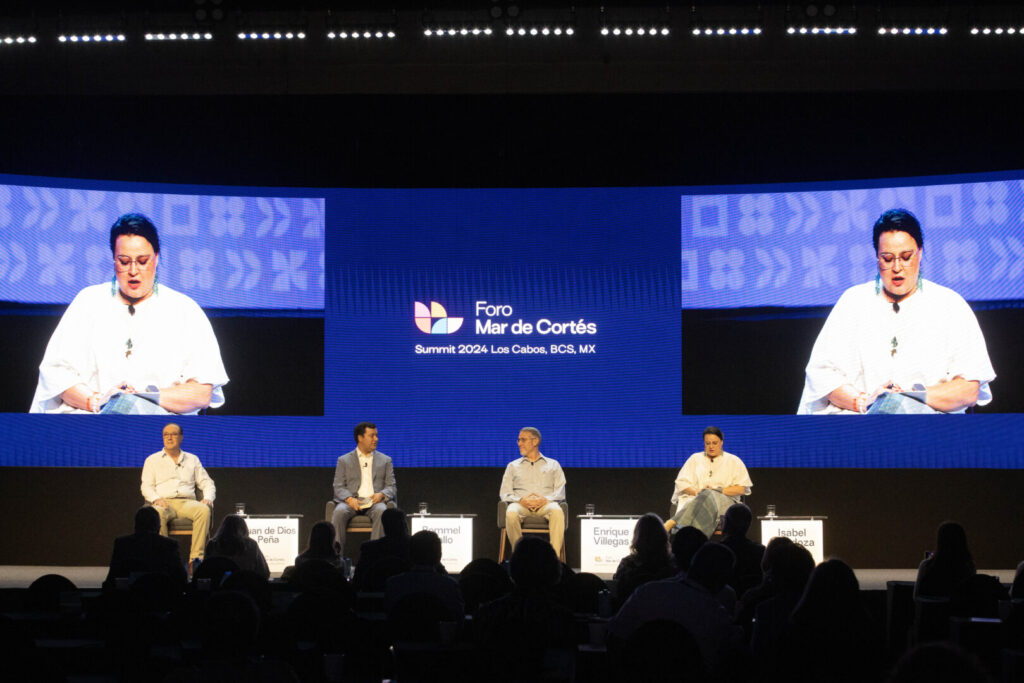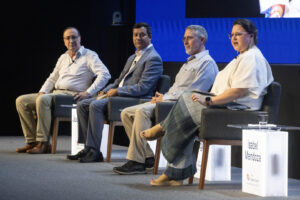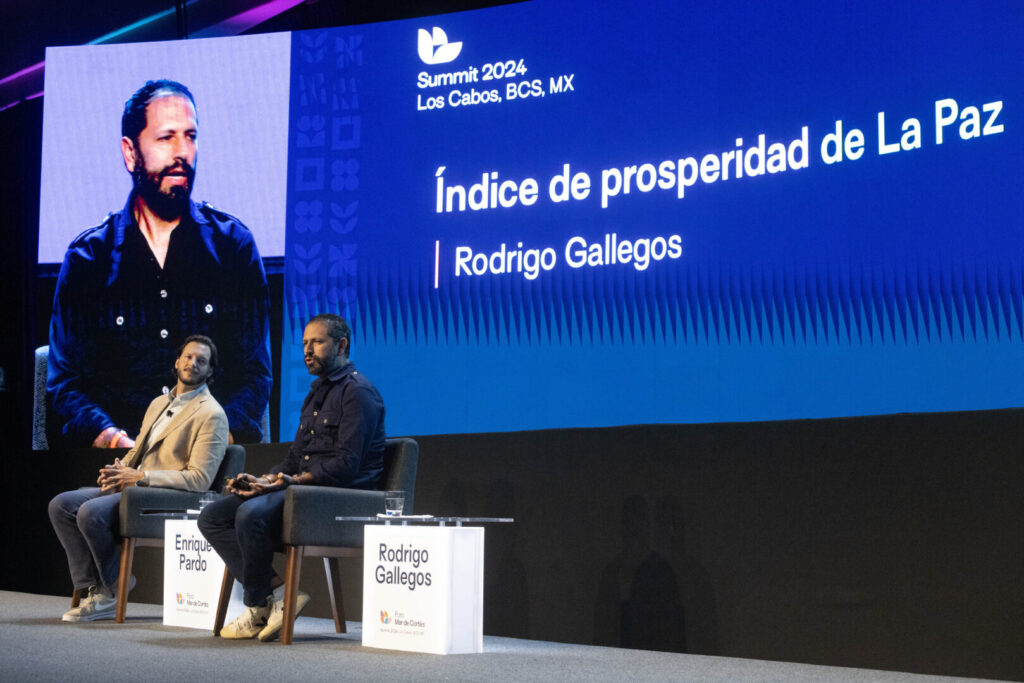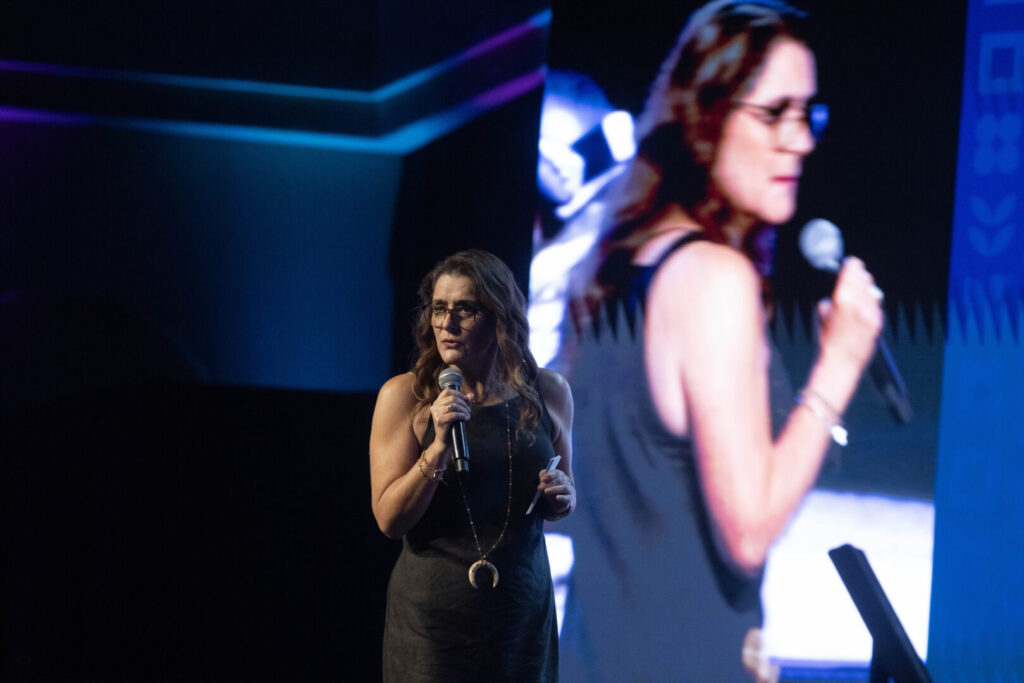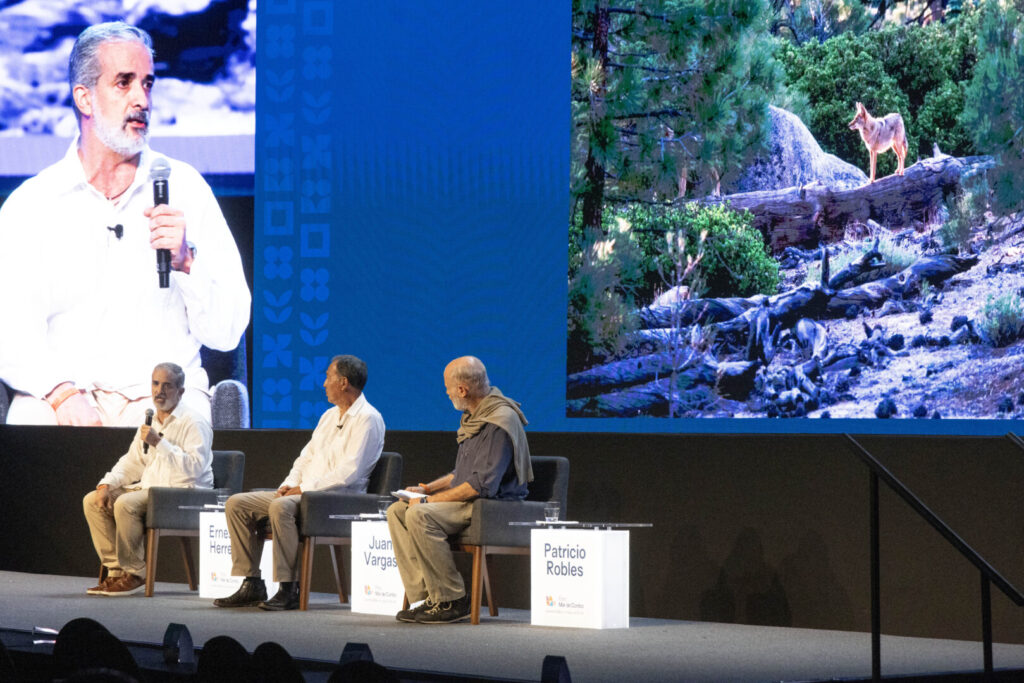Los Cabos, BCS. _ Within the framework of the Summit 2024 Cities with a Future. No fear of actionwhich organizes Sea of Cortez ForumThree initiatives were presented that have their origin in this region, in which water and environmental conservation are the protagonists.
Isabel Mendoza Camachodirector of SUCEDE, moderated the Case analysis in which the projects of reforestation of the Sanalona dam watershedin Culiacán; the construction of a new environmentally friendly methanol plantin Topolobampo, both places in Sinaloa, and the rescue of abandoned spaces that were once agricultural drainsThe land is located within the urban zone of Mexicali.
Reforesting the watershed for water production
Juan de Dios Peña Tamayopatron saint of Fábricas del Agua Sinaloa Center (FACES), presented the reforestation project in the Sanalona dam basin in Culiacán.
He explained that this initiative was born out of citizen concern about the water crisis. To date they have planted more than 2 million native trees, with the support of local communities.
The project operates along three axes:
- Reforestation. The communities collect native tree seeds, grow them in nurseries and plant them during the rainy season.
- Construction of filtering dams. Georeferencing and construction of structures to optimize water catchment.
- Environmental education. Training in 16 schools in the area to form conscientious citizens.
"We pay the people of the community at this time of the year when the native trees begin to flower and throw seeds, only native trees such as palo colorado, amapa, huanacaxtle, and we buy them by the liter or by the kilo," he said.
"We have a nursery of 200,000 plants where we reproduce them and we hire and train the women of the community, who are the ones who have the fine hand to plant them and develop them. When the rainy season starts, we give them to the community members, to the producers, to the people who live there so that they can plant them".
The success of the model lies in partnerships with farmers, who contribute financially, and in funds that are concurrent with government programs, but administered by FACES, he said.
Methanol plant with minimum emissions
Rommel GalloCEO of Transition Industries LLC, the company that owns PAcetyl Mexinolthe construction of a new methanol plant at TopolobampoThe company will be a pioneer in the production of blue and green methanol, using natural gas, green hydrogen and carbon capture technologies.
"One of the important things about the project is that it's going to be one of the largest green hydrogen production plants in the world, among the three or four largest in North America," he said.
"And it's very impactful from an emissions standpoint. The plant is going to produce no more than 3,000 or 4,000 tons of carbon annually. A plant of this size typically produces more than a million tons a year, so we're reducing emissions by almost 100 percent."
Another innovative aspect will be the use of treated wastewater for its processes, instead of natural water, avoiding the discharge of more than 12 million tons of contaminated water into Ohuira Bay.
To the rescue of urban drains
Enrique Villegas Ibarradirector of the Colorado River Delta Program from Sonoran Institutepresented Mexicali FlowsThe project, an initiative that transforms abandoned agricultural drains that were left within the urban area of this city into green spaces for the communities.
With support from the Fundación Gonzalo Río Arronte, Coppel Foundation and the California Water Agency, the project has rehabilitated five kilometers of drains with cleanup, reforestation and community activities, he said.
"The initiative seeks to find a model to work with the communities that are adjacent to these drains to improve the space, value the water, clean, improve the flow, improve the quality of the water, improve the spaces in the federal zone, create green areas, create activities where the community can have some kind of impact on the spaces that are now contaminated," he explained.
These actions are intended to be extended to the 150 kilometers of urban drains in the city of Mexicali, improving water quality and life in the surrounding communities, he said.
Mendoza Camacho, who moderated the event, emphasized that these three initiatives address the issue of water, which today is a matter of urgency, so it will be very important to address them with a budget and give them continuity so that they do not die.

